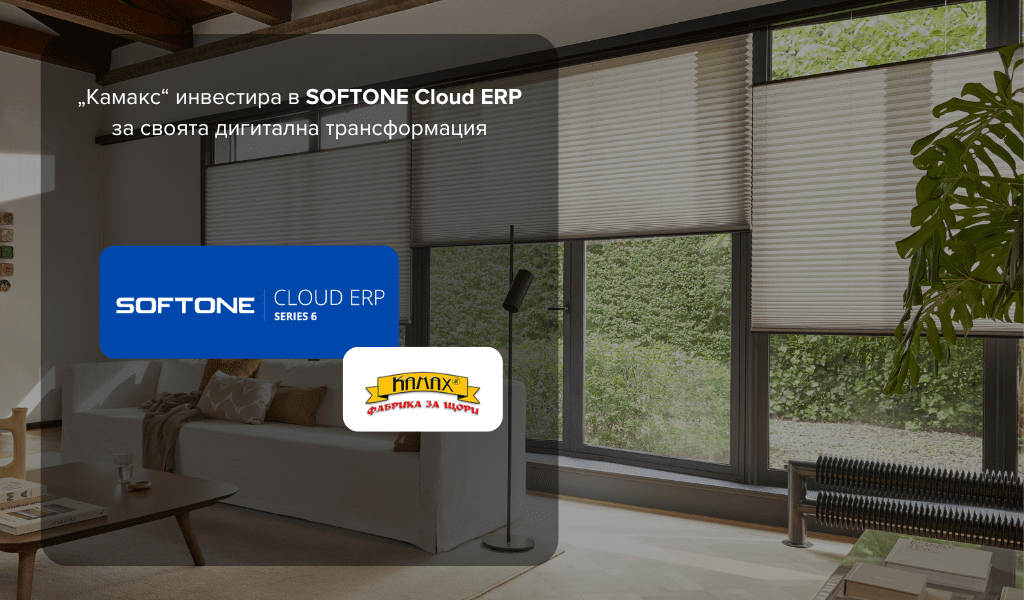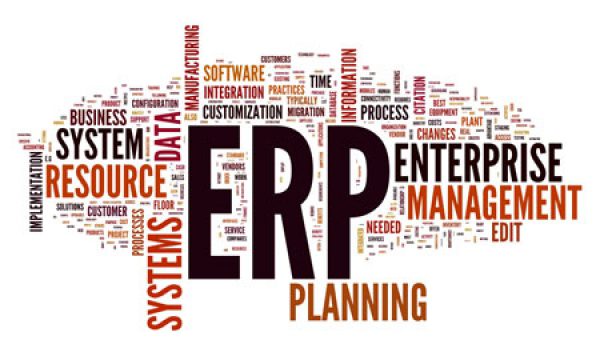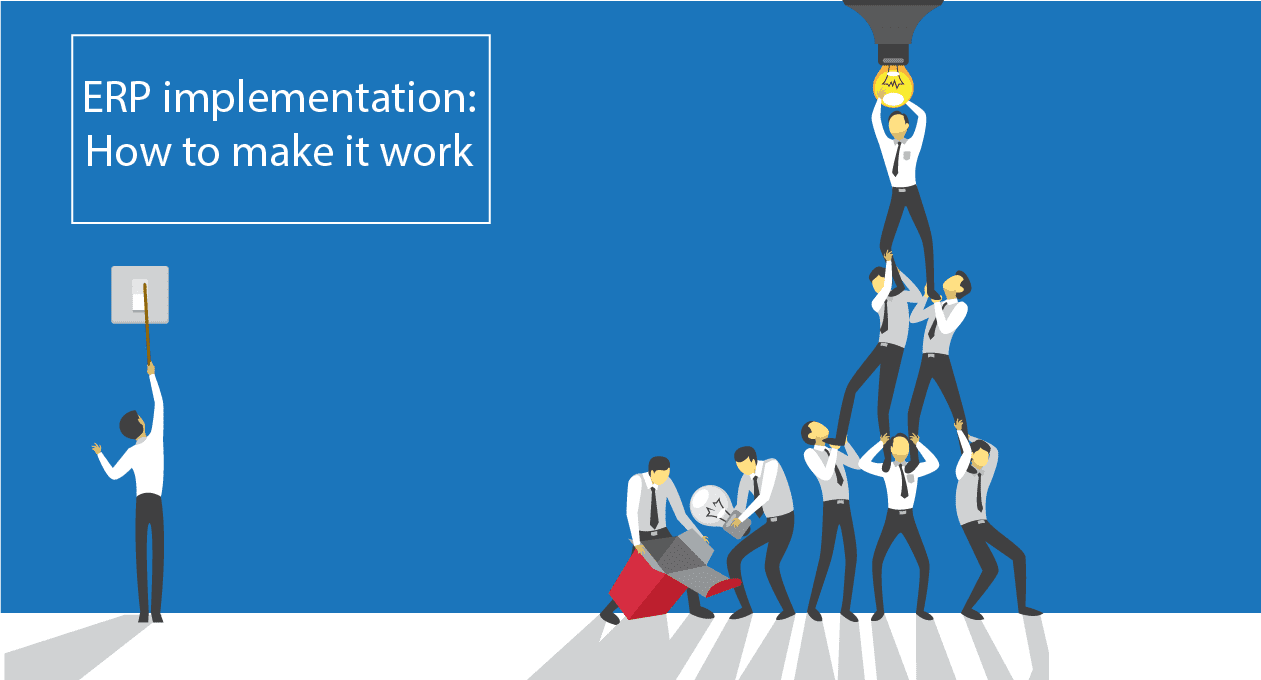Share
Read also

Business Software
Пазарът на CRM през 2025: В отговор на нарастващите изисквания на клиентите

News & Events
„Камакс“ инвестира в SΟFTONE Cloud ERP за своята дигитална трансформация

Trends & Views
Как дигиталната трансформация подпомага развитието на бизнеса

News & Events
SOFTONE разширява своята екосистема с нов стратегически партньор
Market conditions are rapidly changing. Customers are receiving and responding to an increasing number of stimuli. Employees tend to be constantly connected while on the go. Businesses are being transformed in order to respond to the new data requirements. All the above, require a new generation of ERP systems built on the appropriate cloud platform so that they are able to accept, process and format the proper data in a way that professionals can use them to get a full and realistic view of their market and make the right decisions.
Modern organizations have to be flexible, agile and adaptive, as well as able to properly measure their return on investment, not on an annual or even quarterly basis, but week after week!
In the modern business environment, IT has to do a lot more than just operate in a traditional way. It plays a significant role in the entire business strategy, which it drastically supports. Speed and flexibility are evaluated not only based on whether the customers’ expectations are met, but also, on the ability of the organization to deploy and apply new operations in order to create new business opportunities. You could think of the whole process as a race to find the proper tools that will decisively help a business to serve its customers in the most efficient way, having an accurate and comprehensive view of their needs and demands and eliminating the barriers of corporate intra-communication.
Either talking about an application or a specific process, or about fully refurbishing business operations, it is time to realize that there is a new and effective way to manage your migration to the cloud, with the right speed, particular preset goals and a clearly determined return on investment.
While the traditional ERP systems impose many restrictions on organizations, replacing them with a system such as one described above, can take significant time and disrupt the smooth operation of a business. If you think you’ve come at an impasse, well you are not far from the truth…
Fortunately, technology has managed to provide a solution in this case as well: customizable ERP applications that run on enterprise cloud platforms and provide the necessary tools to quickly solve any business problems and issues, such as invoicing, service provisioning, cost management, quoting, orders submission etc., without disturbing the core business operations, such as financial reporting, cash-flow management etc. As a result, if you adopt this approach, you can resolve any business issue and at the same time create new opportunities for growth and profitability. If there is one thing that cannot be doubted, that is that cloud-based solutions favor the successful operation of business departments such as sales, marketing, call centers etc. Furthermore, this is a safe approach since it provides businesses with the ability to resolve a specific problem without ending up with a mix of different technologies, products and applications that in their turn would lead to new problems and “headaches”.
Choosing the right platform is undoubtedly the key for achieving flexibility, agility and eventually assessing your business goals and objectives. This new approach requires the use of a platform that will provide a broad range of business services. And this is why whenever a business changes its applications, processes and operations, it is imperative to ensure its seamless operation on a number of areas, such as data safety and privacy, identification, user interface, smooth workflows, reporting, creating dashboards and analytics, mobility and so on.
If you meet the above requirements, it is almost certain that no matter what new processes you add to your daily business operations, these will be safely supported, enabling you to deploy new projects and business plans in a much easier way. While in any other case, you would unavoidably face significant delays and might even be forced to postpone your plans due to high risk.







